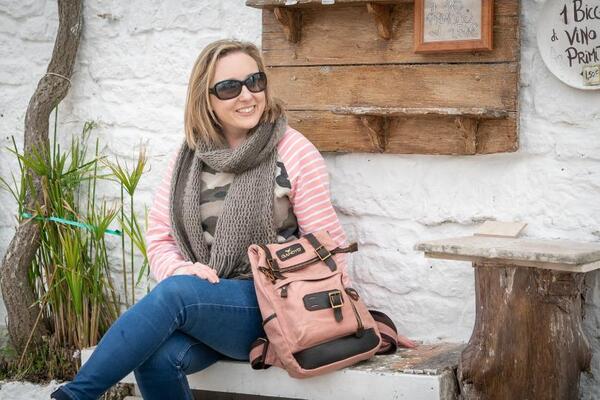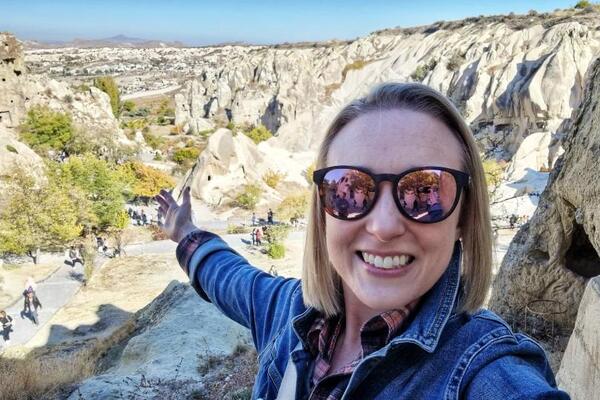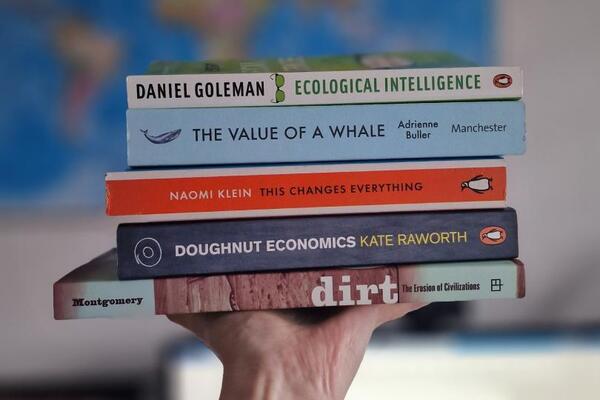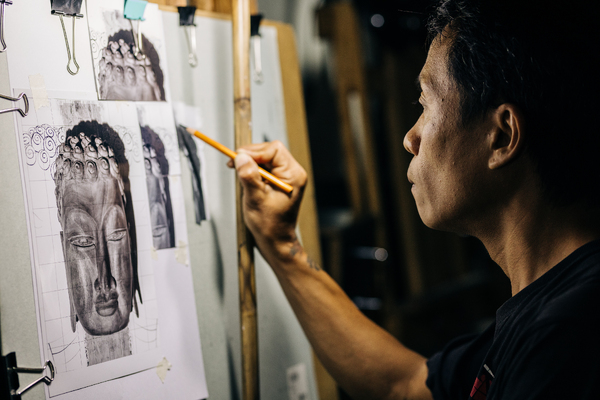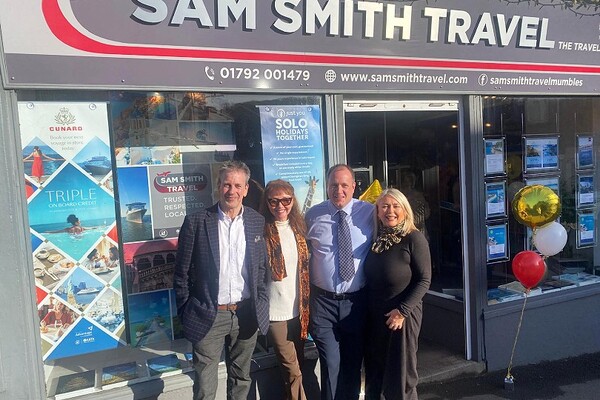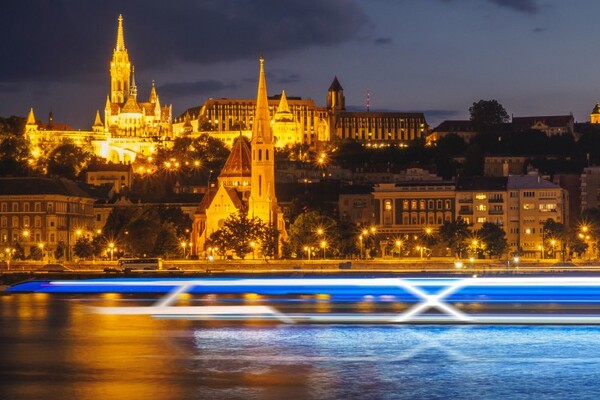The Homeworker: 'Three simple steps that helped me be a better agent'
 Marie Rowe
Marie RoweWeaving sustainable practices into your homeworking business is a journey that once you start, you will never end.
But where to start can feel like an enormous challenge, especially if there are people in your close personal or business networks who seem to have vast amounts of knowledge compared with you.
Taking the first steps towards building personal values and sustainability commitments into your day-to-day home and work life will act as a foundation for growing a sustainability-focused business where you already practice what you preach.
In an industry where greenwashing if rife, this is a pivotal starting point.
I was recently asked why I choose to eat a meat-free diet. My answer was simple: "because I can". For me, removing meat from my diet isn’t a big deal, whereas for some people it’d be a huge hardship.
It’s about identifying what you can realistically do, and what is right for you.
There are a few impactful quick wins that any homeworking travel agent can reasonably implement, and these were my starting points back when I was a rabbit in the headlights.
Switch or ditch
Look at your weekly shopping list. What items can you switch out for more eco-friendly brands, and which items can you ditch altogether?
There are most certainly items in every household that could be swapped for a more environmentally friendly option, or ditched to reduce single use plastic consumption.
Be more digitally sustainable
It’s easy to assume anything that is digital is better for the planet, but the environmental impact of some digital activities and services is shocking.
The process of producing, sending and reading an email requires energy to power the devices necessary to send and receive them, as well as the vast data centres that handle them.
You can easily reduce the impact of using email by unsubscribing to unwanted emails and cleaning up your email marketing lists.
Simply by unsubscribing from two weekly emails, you’d be saving enough carbon each year to charge a mobile phone almost 4,000 times!
The average Instagram user, meanwhile, generates 42g of CO2 per day. Despite what many agents may think, you don’t have to be everywhere. Delete your profile from the social channels that don’t genuinely serve your purpose and ensure your posts are useful – don’t post for the sake of posting.
Then there’s video calling – one hour of video calling contributes to around 1kg in carbon dioxide emissions. Next time you schedule a video call, consider whether you could pick up the phone instead.
Leaving your camera off during a web call can reduce these footprints by 96%. So when you’re attending a webinar as a guest, consider turning your camera off to save sending unnecessary video across the internet.
Start learning
Most of my initial learning came from books and TV shows, which gave me the bigger picture. They taught me the importance of everything from climate change and animal welfare to gender equality, and how the travel and tourism industry impacts them all.
Some of the books I found helpful included Ecological Intelligence (Daniel Goleman), Doughnut Economics (Kate Raworth), When the Rivers Run Dry: The Global Water Crisis and How to Solve It (Fred Pearce), How to Love Animals in a Human Shaped World (Henry Mance) and All We Can Save: Truth, Courage, and Solutions for the Climate Crisis (various).
As for TV shows and documentaries, I’d recommend The Last Tourist, Seaspiracy, Kiss the Ground, The Biggest Little Farm and Chasing Coral.
But the most important thing for me was realising how travel can be a force for good, and how travel agents can be responsible in inspiring others and contributing to change. You just have to start that journey.
Marie Rowe is an independent travel agent with Travel Counsellors based in Twyford, near Reading. She is one of TTG’s 20 Sustainable Travel Ambassadors.
The Homeworker from TTG
The Homeworker from TTG takes you deeper into the world of homeworking. Columns are written by homeworkers for homeworkers and their peers, providing insight, support, reassurance – and inspiration.
- 'Please – don't call me a homeworker!' – Jo Shayler-Tarrant
- 'Homeworking doesn't equate to alone-working' – Ben Casey
- 'Travel is never "just a holiday", it's precious time spent with loved ones' – Sarah Stephens
- 'Three simple steps that helped me be a better, more responsible agent' – Marie Rowe
- 'I sometimes miss the thrill of making £25k bookings in my pyjamas' – Jo Shayler-Tarrant
- 'I took a leap of faith, and never looked back' – Angela Mayall
- 'The web failed to kill off agents, and AI won't either' – Matthew Ruth
- 'I owe everything to my "yeah, why not!" attitude – Daniel Oates
- 'Change is good, don't try to swim against it' – Jo Shayler-Tarrant
Sign up for weekday travel news and analysis straight to your inbox

Marie Rowe
Supplier Directory
Find contacts for 260+ travel suppliers. Type name, company or destination.
